Empowering students through a rigorous academic curriculum that fosters knowledge, innovation, and lifelong learning.
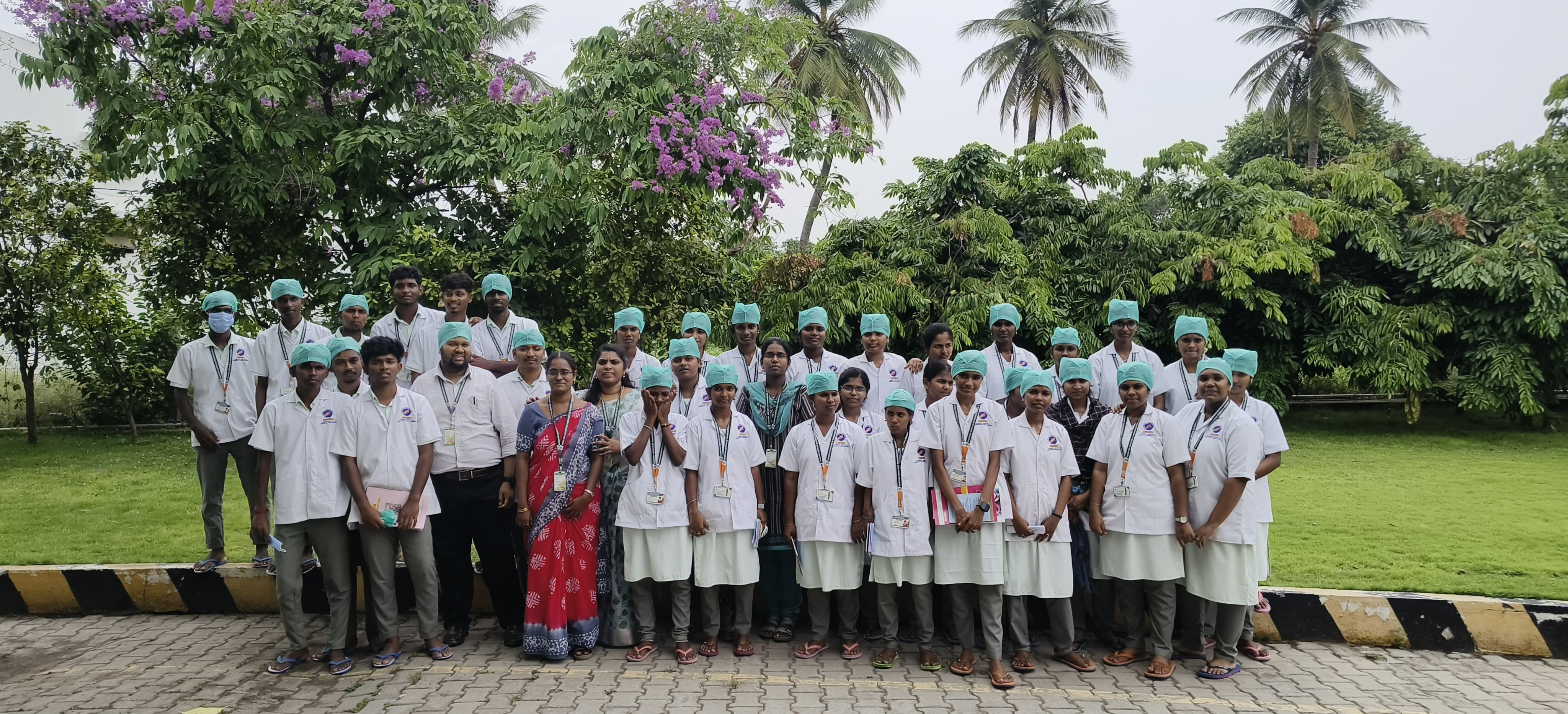



Creating future healthcare professionals with a strong academic foundation. We provide brilliant education and research opportunities, shaping students into leaders in pharmaceutical sciences.
(Bachelor of Pharmacy) – 4 Years

Eligibility:
A pass in Higher Secondary with Physics, Chemistry, Biology or Botany & Zoology or Mathematics with a minimum of 40% aggregate marks.
Course Overview:
The B.Pharm program covers pharmaceutical chemistry, pharmaceutics, pharmacology, and pharmacognosy. Students gain theoretical and practical knowledge of drug formulation, medical chemistry, and healthcare applications.
Key Highlights:
Career Opportunities:
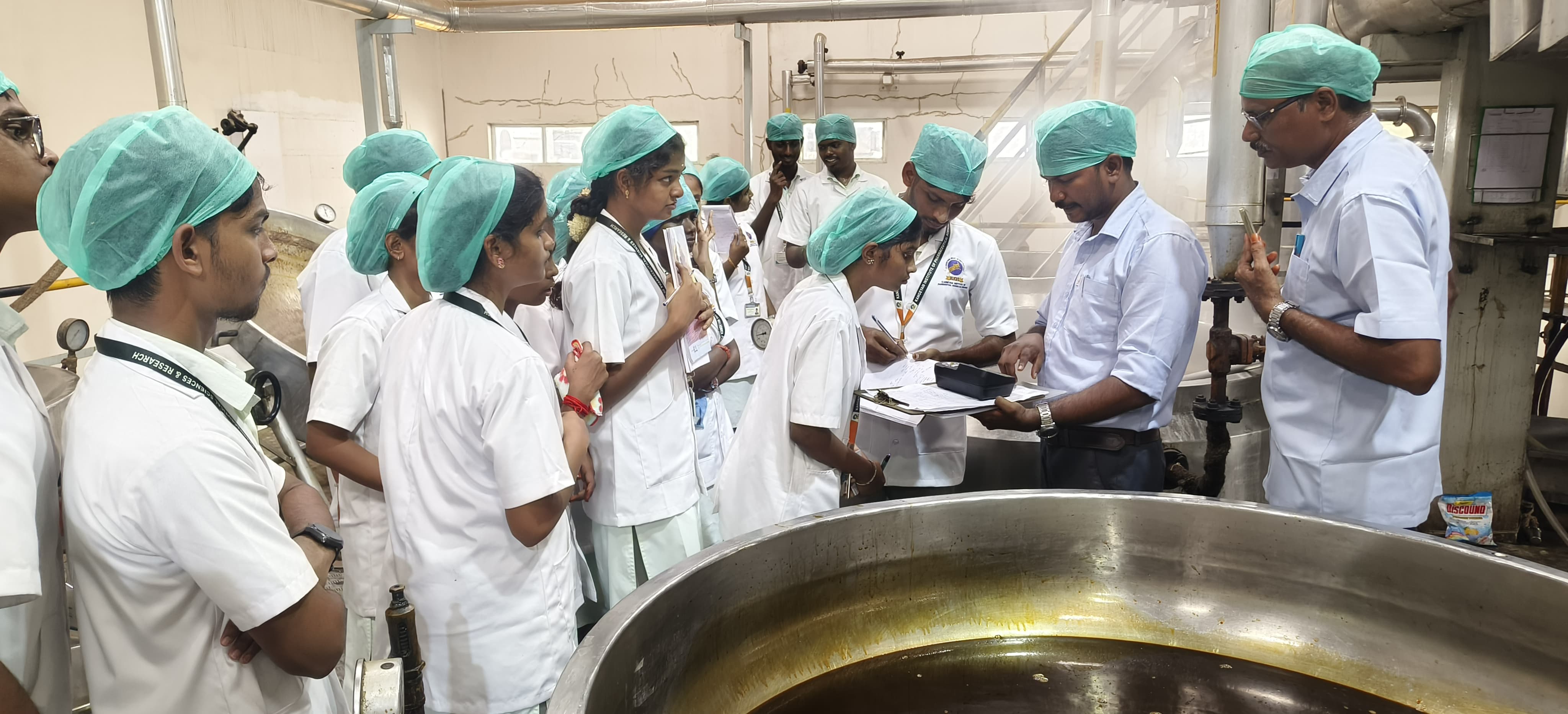
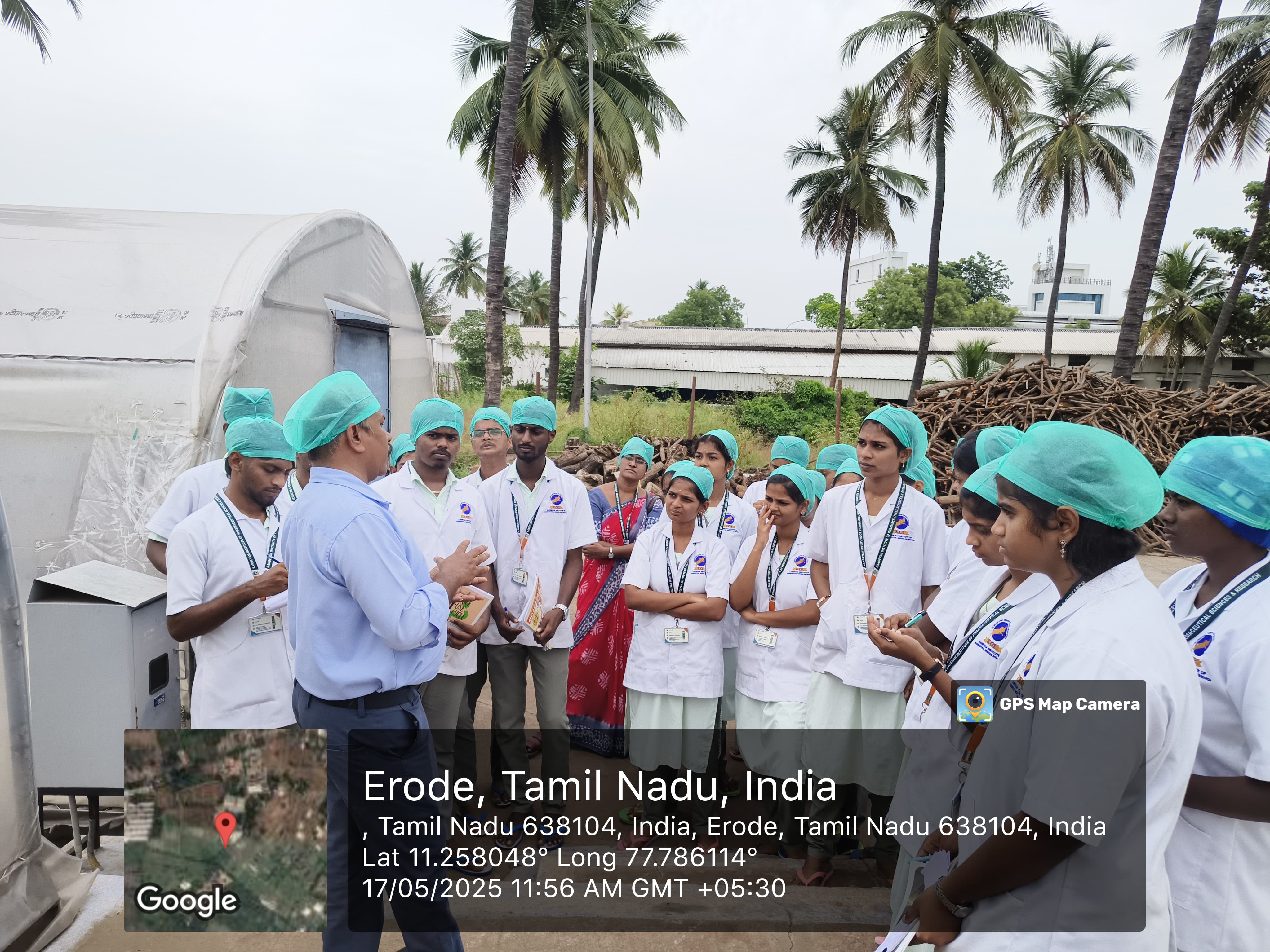
(Bachelor of Pharmacy - Lateral Entry ) – 3 Years
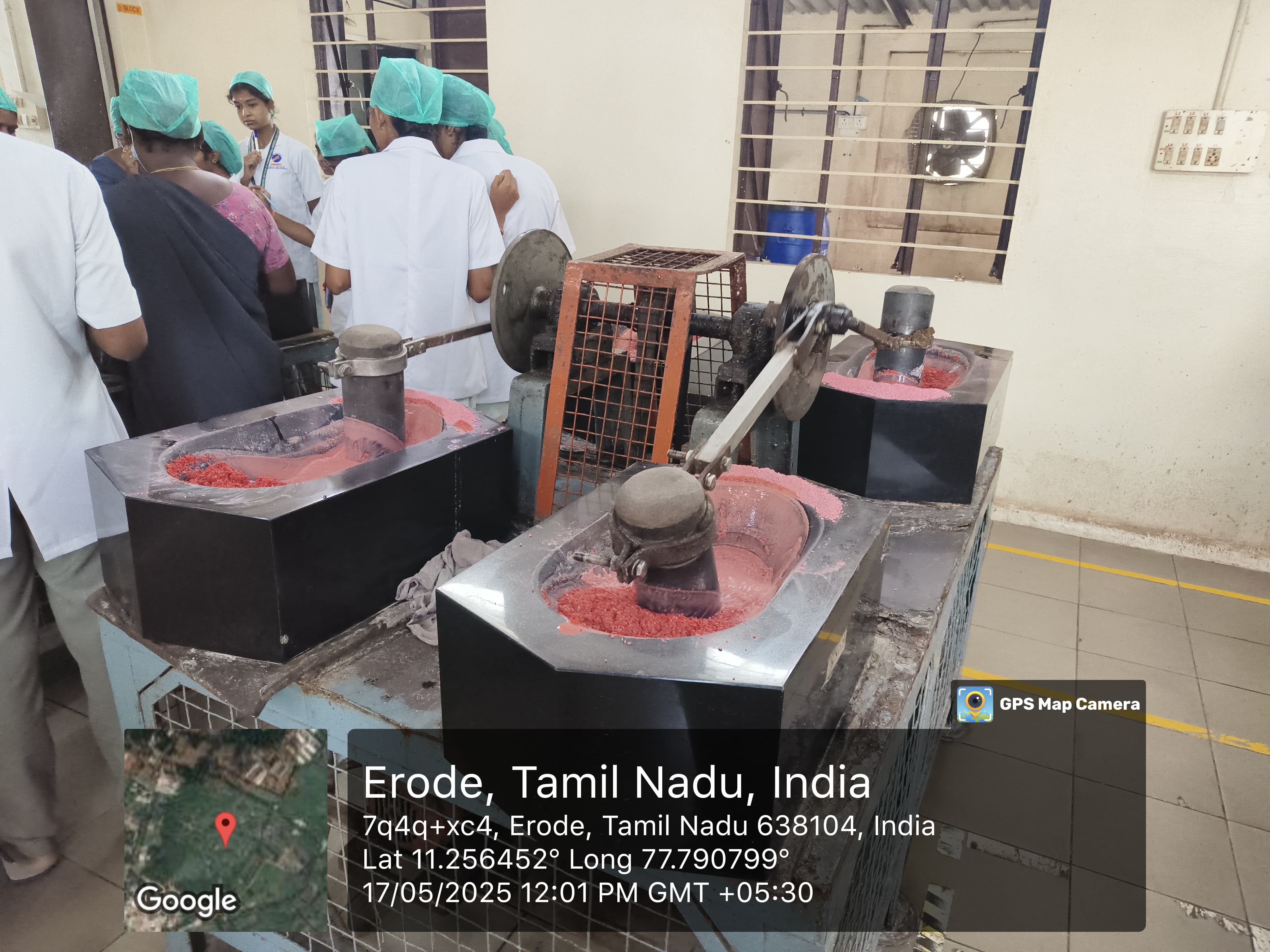
Eligibility:
Candidates with a Diploma in Pharmacy (D.Pharm) with a minimum aggregate of 40% marks.
Course Overview:
This program is designed for diploma holders to upgrade their skills in pharmaceutical sciences and healthcare.
Key Highlights:
Career Opportunities:
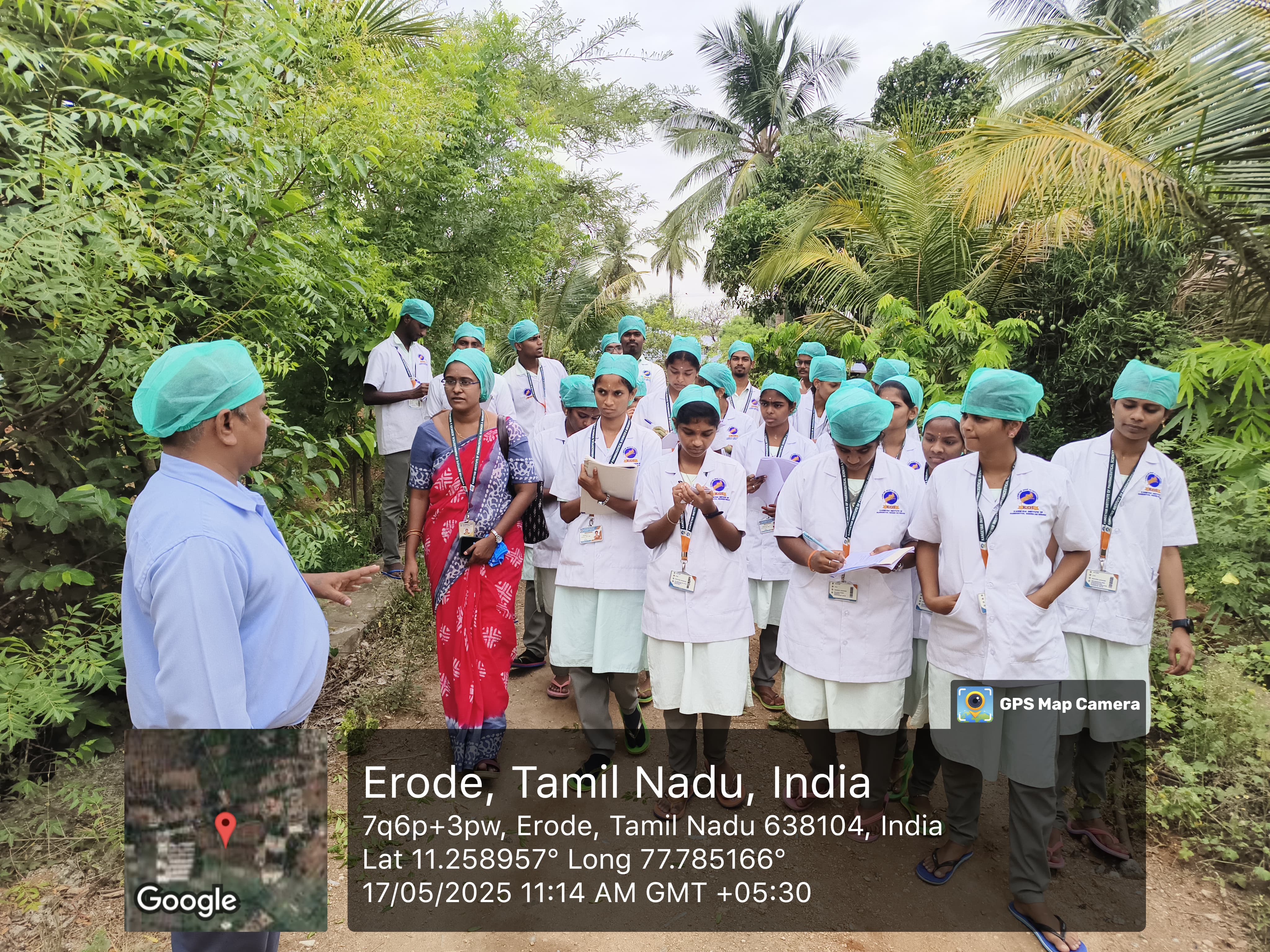
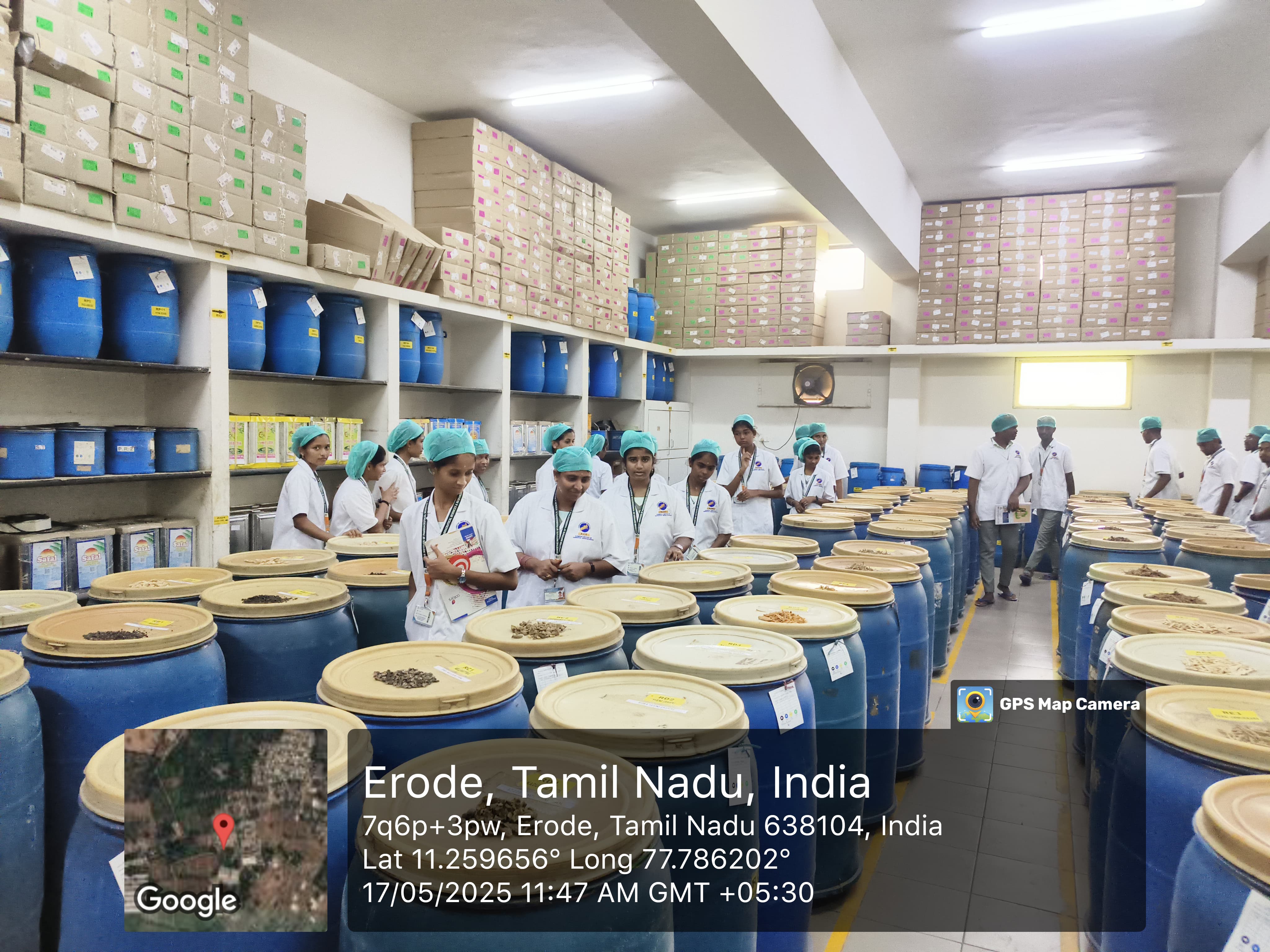
(Diploma in Pharmacy) – 2 Years
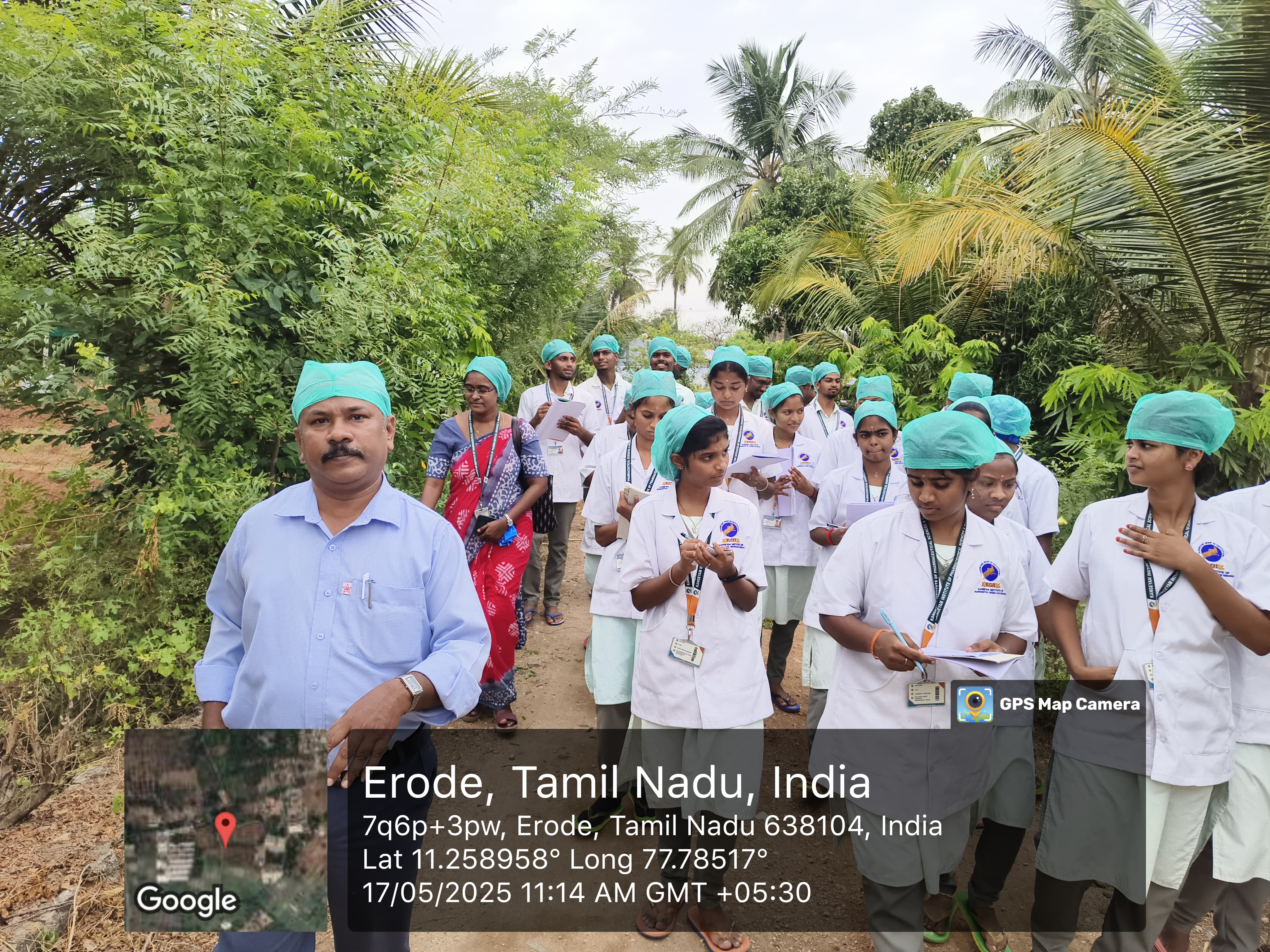
Eligibility:
A pass in Higher Secondary with Physics, Chemistry, Biology or Botany & Zoology or Mathematics.
Course Overview:
This diploma program provides foundational knowledge in pharmaceutical sciences and prepares students for entry-level positions in the pharmacy sector.
Key Highlights:
Career Opportunities:
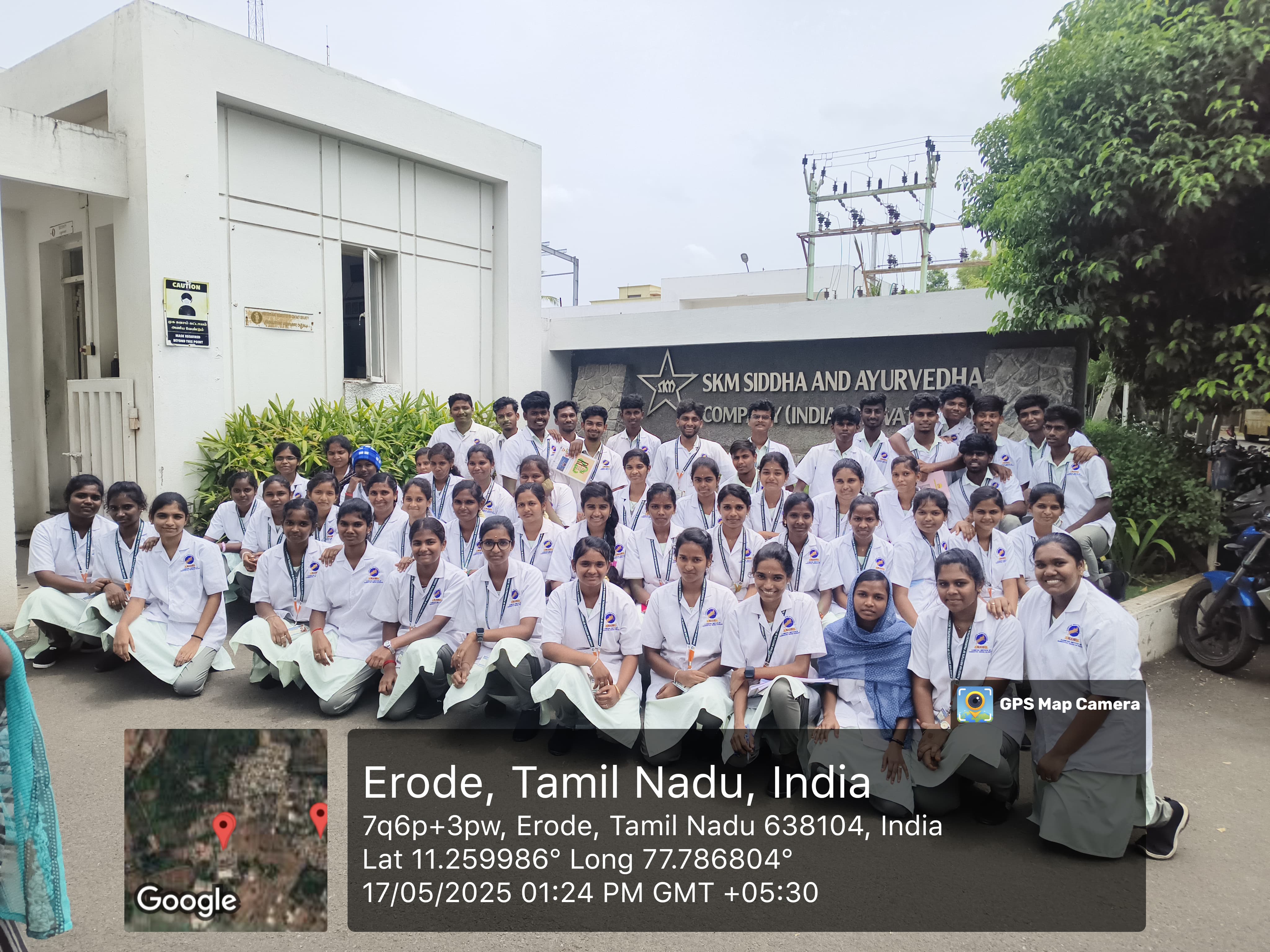
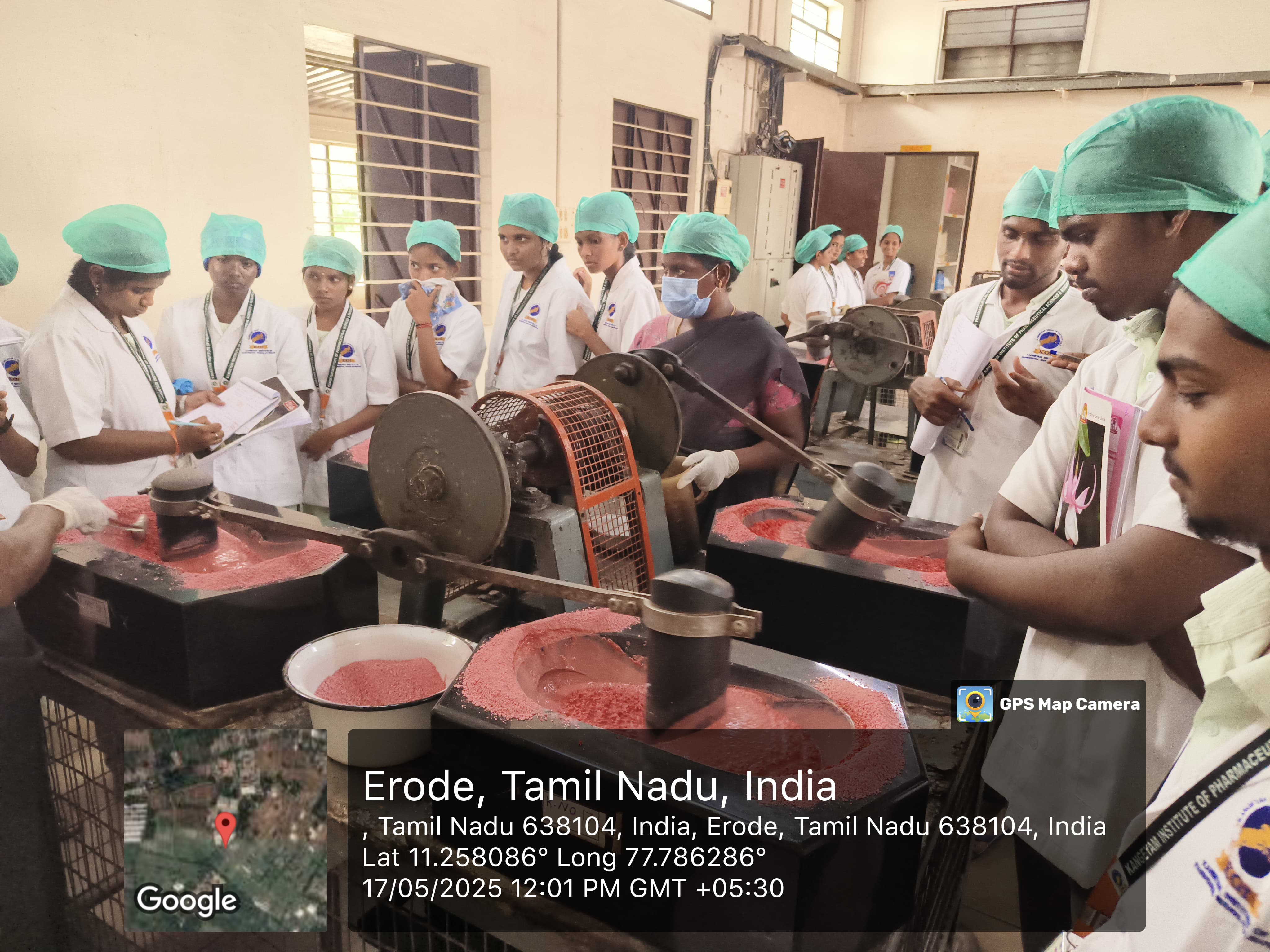
Provides medication and advice directly to patients in retail settings.
Works in hospitals to manage and supply medications for patients.
Collaborates with doctors to ensure the best drug therapy for patients.
Involved in drug manufacturing, formulation, and quality control.
Promotes and sells pharmaceutical products to healthcare professionals.
Teaches pharmacy students and conducts drug research.
Provide strong scientific foundation in chemistry, biology, and pharmacology.
Equip students with practical skills and knowledge for clinical and community pharmacy.
Teach pharmaceutical marketing, management, and entrepreneurship.
Promote critical thinking, ethics, communication, and lifelong learning.